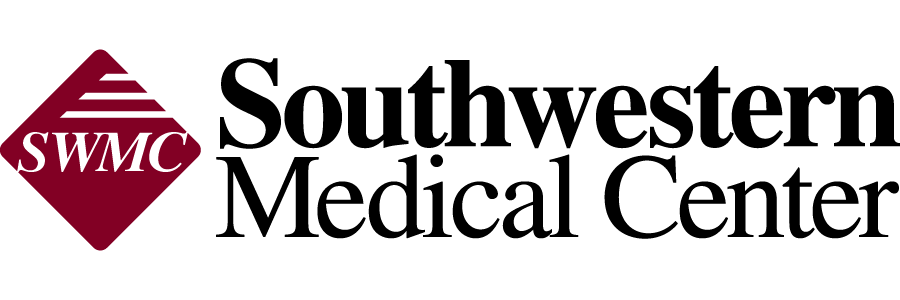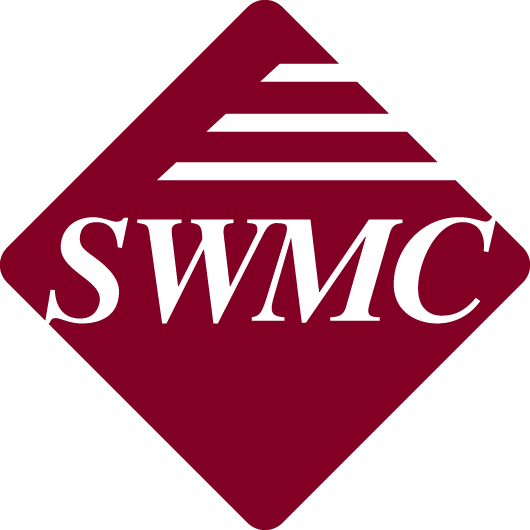Stroke, also called a brain attack, occurs when blood flow to the brain is disrupted. Disruption in blood flow is caused when either a blood clot blocks one of the vital blood vessels in the brain (ischemic stroke) or when a blood vessel in the brain bursts, spilling blood into surrounding tissues (hemorrhagic stroke).
The brain needs a constant supply of oxygen and nutrients in order to function. Even a brief interruption in blood supply can cause problems. Brain cells begin to die after just a few minutes without blood or oxygen. The area of dead cells in tissues is called an infarct. Due to both the physical and chemical changes that occur in the brain with a stroke, damage can continue to occur for several days. This is called a stroke-in-evolution.
A loss of brain function occurs with brain cell death. This may include impaired ability with movement, speech, thinking, and memory, bowel and bladder, eating, emotional control, and other vital body functions. Recovery from stroke and the specific ability affected depend on the size and location of the stroke. A small stroke may result in problems such as weakness in an arm or leg. Larger strokes may cause paralysis (inability to move part of the body), loss of speech, or even death.

